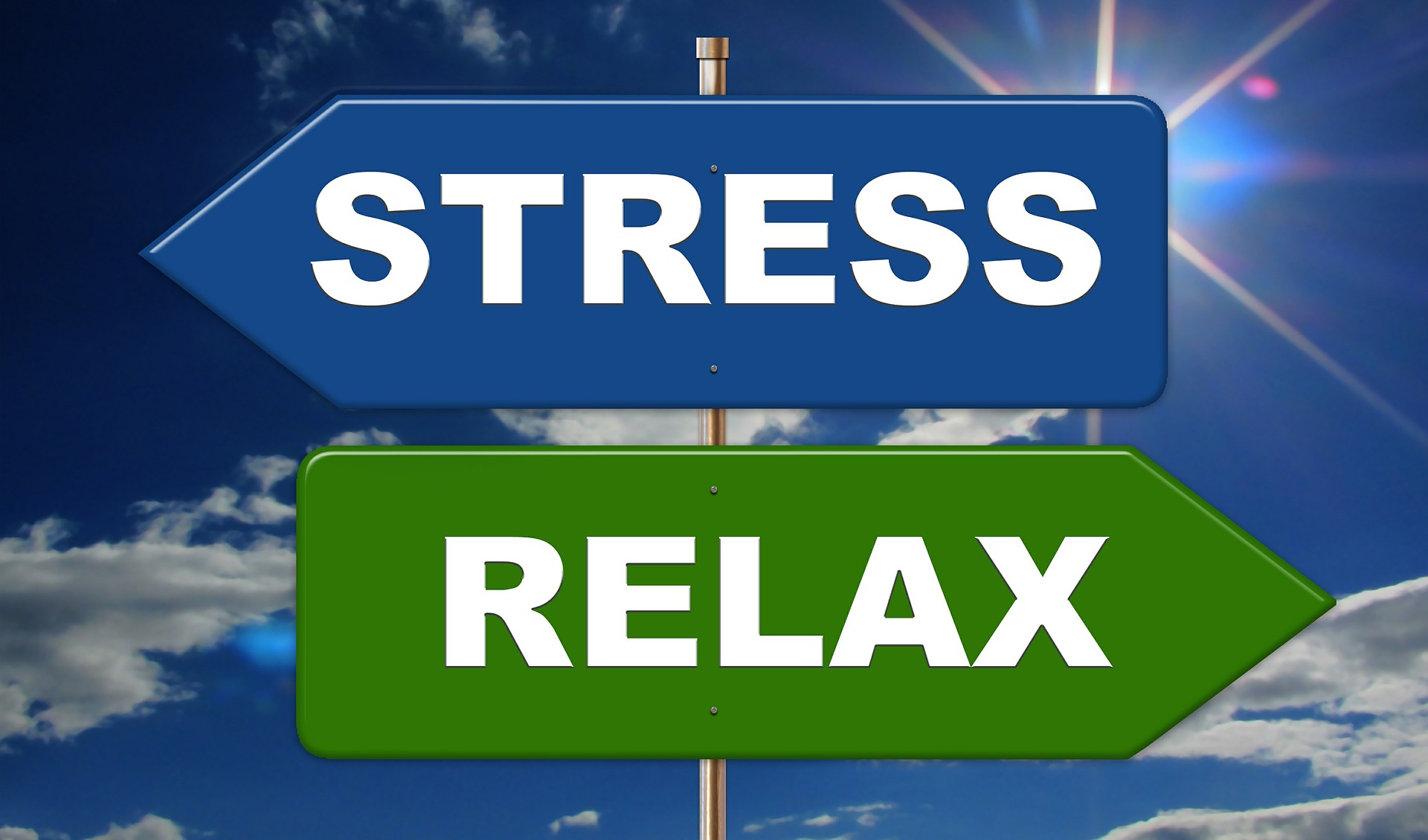4 Great Ways to Boost Your Interpersonal Communication Skills
4 Great Ways to Boost Your Interpersonal Communication Skills Interpersonal communication refers to the methods we use to communicate thoughts, feelings, and needs to other people. On the job, this includes things like reporting the status of a task we’re working on, asking for information for a task or job, and resolving conflict between team members. When we think about communication, we often think of the messages we’re sending out using words, such as our verbal or written communication, but interpersonal communication includes so much more than that. There are four types of interpersonal communication: verbal, non-verbal, listening, and written. We use all four types of communication daily, even in a single meeting! Here are 4 ways you can boost your interpersonal communication skills so you can more quickly understand others and be understood. 1. Practice Active Listening Active listening sounds basic, and it is quite simple: listening with the goal of understanding what someone is saying. That said, it’s easier said than done and most of us need to improve this, especially in our fast-paced world. It means listening without thinking of your response or forming rebuttals. It means using your body language to signal attentiveness. To make sure you are truly listening, make sure to make eye contact, focus by removing notifications and distractions. If possible, take notes and ask questions to show that you are present and interested. 2. Use Assertive Communication Using assertive communication means speaking in a respectful way that is clear and direct. “I” statements can help you strike the balance between being direct and respectful. For example, “I need more time to complete this task” is better than, “You didn’t give me enough time to finish.” Instead of using words like “should” and “could”, try rephrasing with more positive words like “will” and “want”. Not only is this better communication, but it will also give you more of a sense of empowerment. There’s a big difference between, “I should get most of my emails answered today,” and “I want to reply to my important emails. I will do this by tomorrow end of day.” 3. Check Your Body Language Nonverbal communication makes up a big part of our conversations, whether we consciously realize it or not. We look for clues in our listeners that show they’re paying attention, understand what we’re saying, and clues to help us assess how they feel about our ideas. We also read the body language of people as they’re speaking to us. Maintaining eye contact tells listeners that you’re speaking directly to them. Good posture communicates that you have confidence in what you’re saying. On the other hand, crossed arms or legs tend to signal discomfort or resistance to the ideas in discussion. Looking down or away from the people you’re speaking with suggests distraction or insecurity. Checking in with your body before and during a conversation can help you make sure your unspoken conversation matches the words you’re saying and signals your confidence and connection with your [...]









